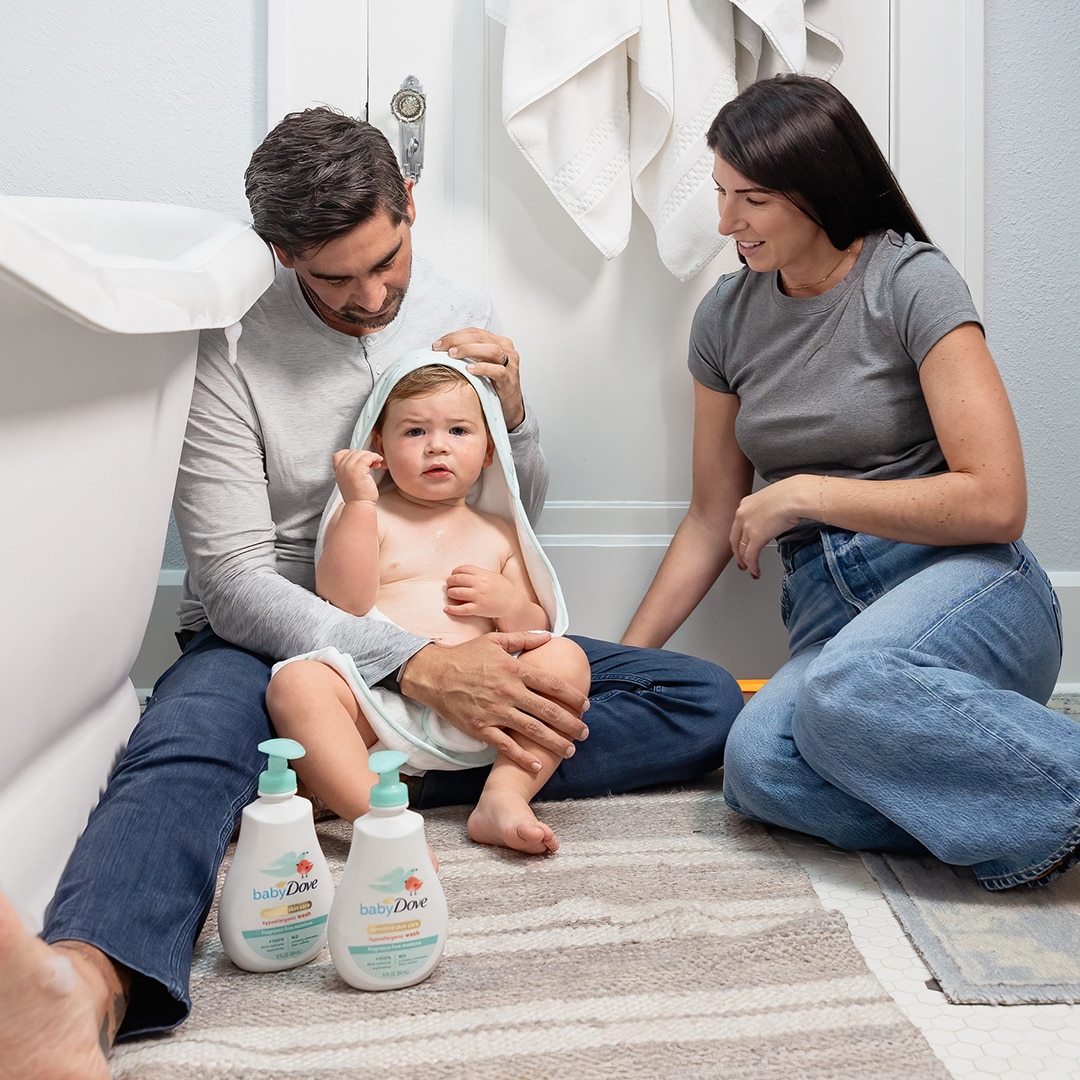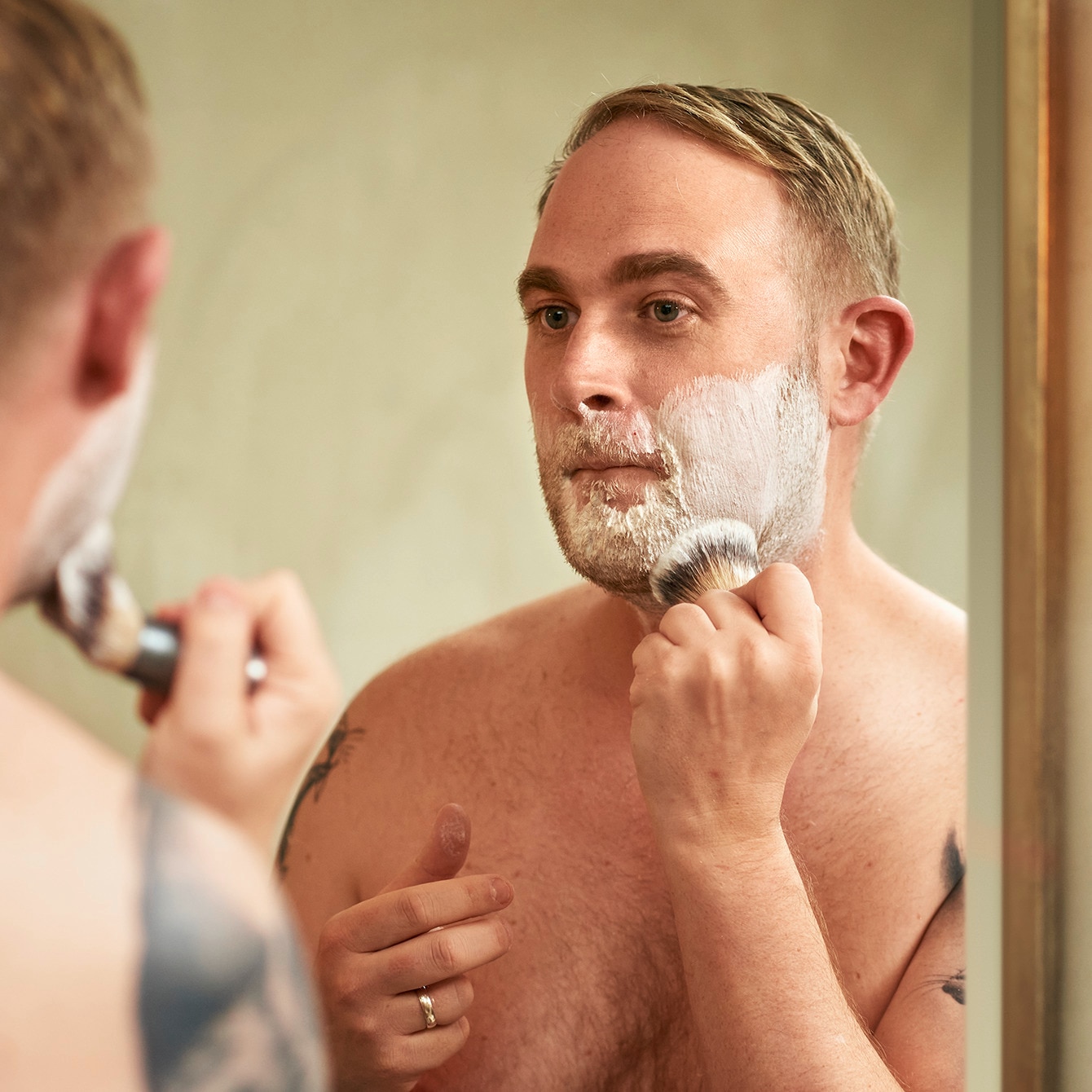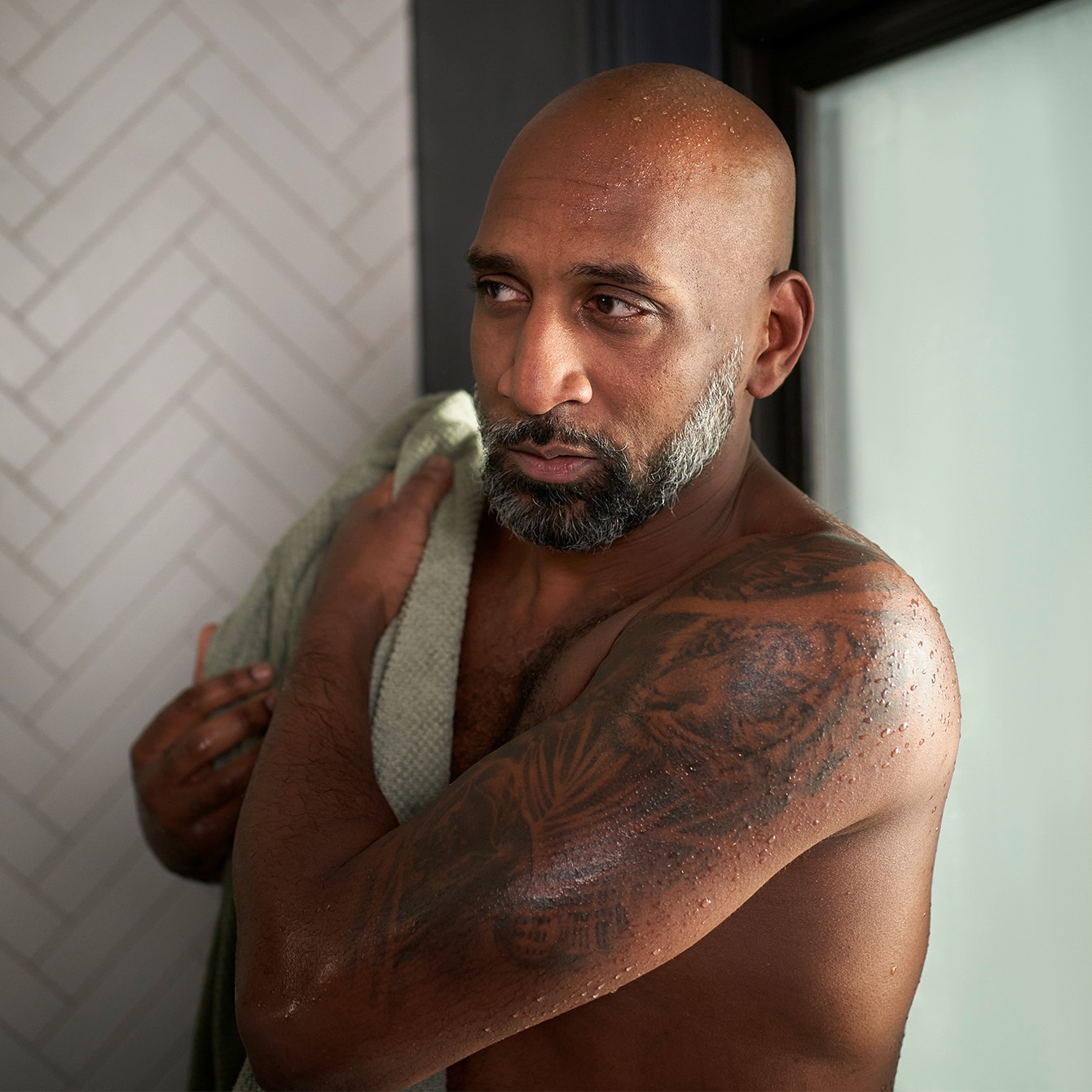WHY DOES ANXIETY MAKE YOU SWEAT?
Anxiety sweating is closely linked to the body's sympathetic nervous system, which is responsible for your "fight or flight" response. When you perceive a threat — whether real or imagined — your body prepares to either confront, or flee, from the situation. This response triggers a cascade of physiological changes, including increased heart rate, heightened alertness, and yes, sweat.
Sweating is your body's way of cooling down during these stressful moments. While this biological response is essential for survival, it can be inconvenient when you're simply trying to navigate everyday stressors. So, can anxiety cause sweating? Absolutely, and understanding this link is the first step in managing it.
ANXIETY VS. NERVOUSNESS — IS THERE A DIFFERENCE?
While the terms anxiety and nervousness are often used interchangeably, they differ in duration, intensity, and physical response. Nervousness is typically short-lived and tied to specific events, like public speaking or meeting new people. You might experience sweating during these moments, but it usually subsides once the event is over.
Anxiety, on the other hand, can be more chronic and pervasive, which could affect your daily life and lead to more persistent sweating. If you often find yourself thinking, "Why do I sweat so much when I’m anxious?" it could be a sign that your sweating is tied to ongoing anxiety, not just occasional nerves.
Nervous sweating usually hits fast and targets spots like your palms and underarms, while anxiety-related sweating can last longer and tends to show up across your whole body.
HOW TO STOP ANXIETY SWEATING IN THE MOMENT
When you feel anxiety sweat creeping in, try these techniques to regain control:
Deep breathing and grounding techniques
Slow, deep breaths combined with grounding exercises can help calm your nervous system. A few minutes of meditation can do wonders for settling anxious thoughts and reducing sweat before it starts.
Cognitive-behavioral tools
Challenge anxious thoughts with rational counterarguments. Remind yourself that sweating is a natural response and doesn’t define your capabilities.
Cooling hacks
Quick fixes like splashing cold water on your face or using a portable fan can help cool your body and reduce sweating.
LONG-TERM STRATEGIES TO PREVENT ANXIETY SWEATING
To manage anxiety sweat in the long run, consider these simple lifestyle changes:
- Review your diet and hydration habits. Stay hydrated and eat foods like leafy greens, cucumbers and citrus fruits to help regulate your internal temperature and keep anxiety sweat from taking the spotlight.
- Get enough exercise and sleep. Regular exercise can help regulate your body's stress response, while adequate sleep means your body is well-rested and less prone to anxiety.
- Try stress management techniques. Incorporate mindfulness practices, meditation, or yoga into your routine to reduce your overall stress levels.
- Lean on therapy and mental health resources. If anxiety sweating significantly impacts your life, consider speaking with a therapist who can provide personalized strategies and support.
BEST DEODORANTS AND ANTIPERSPIRANTS FOR ANXIETY SWEATING
If you’re looking for a deodorant to combat anxiety sweat, look for clinical strength products or those with aluminum-based formulas. Dove Men+Care offers a range of options that provide reliable sweat protection while being gentle on your skin.
- Dove Men+Care Clinical Protection Clean Comfort: Tough on sweat, soft on skin. This stick gives your underarms 96-hour heavy sweating protection.
- Dove Men+Care Extra Fresh Antiperspirant Stick: Fights odor and sweat with a refreshing scent that lasts.
- Dove Men+Care Sport Fresh Antiperspirant Stick: Perform at the top of your game with 72-hour antiperspirant protection. Built for high-performance days with long-lasting sweat defense.
WHEN TO TALK TO A DOCTOR
If anxiety sweating affects your daily life or self-esteem, it might be time to consult a healthcare professional. Persistent sweating could be a sign of hyperhidrosis or other underlying conditions that require medical attention.
FAQs
Can caffeine make anxiety sweating worse?
Yes, caffeine can rev up your nervous system and make anxiety symptoms, like sweating, more noticeable. If you tend to sweat more after coffee or energy drinks, it might help to cut back a little and see if it makes a difference.
Should I avoid exercise if I sweat a lot from anxiety?
No need to skip the workout — exercise is actually one of the best ways to ease anxiety and calm your stress response. Just wear breathable, moisture-wicking clothes and drink plenty of water to stay comfortable if you tend to sweat a lot.
Anxiety sweating might feel frustrating or even embarrassing, but it’s a completely natural response to stress. The key is knowing what’s happening in your body and having the right tools to manage it. From deep breathing and grounding techniques to staying hydrated and choosing the right deodorant, there are simple ways to stay cool when the pressure’s on.








